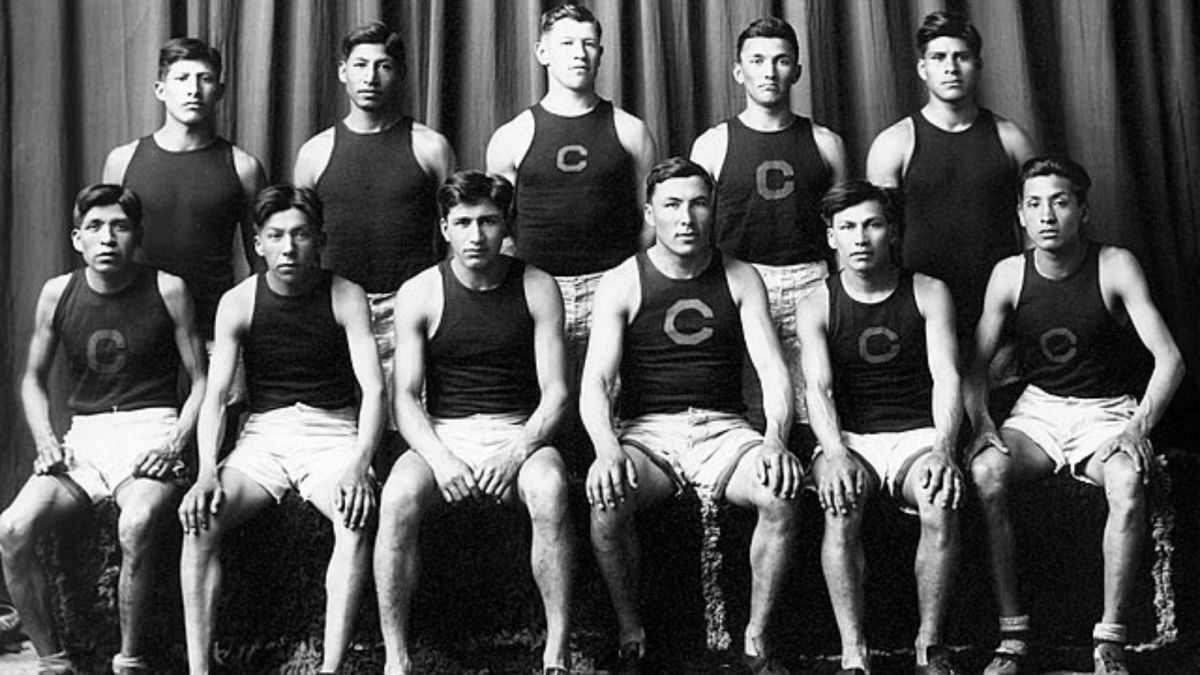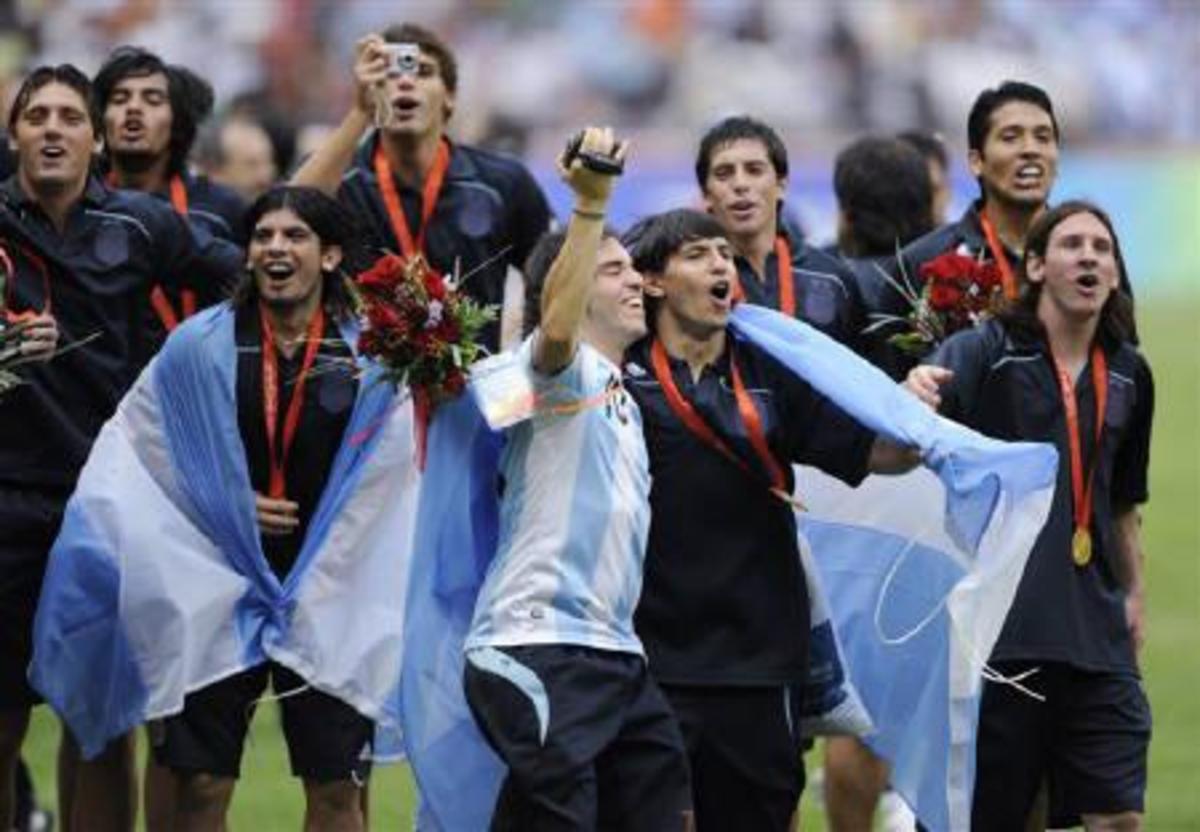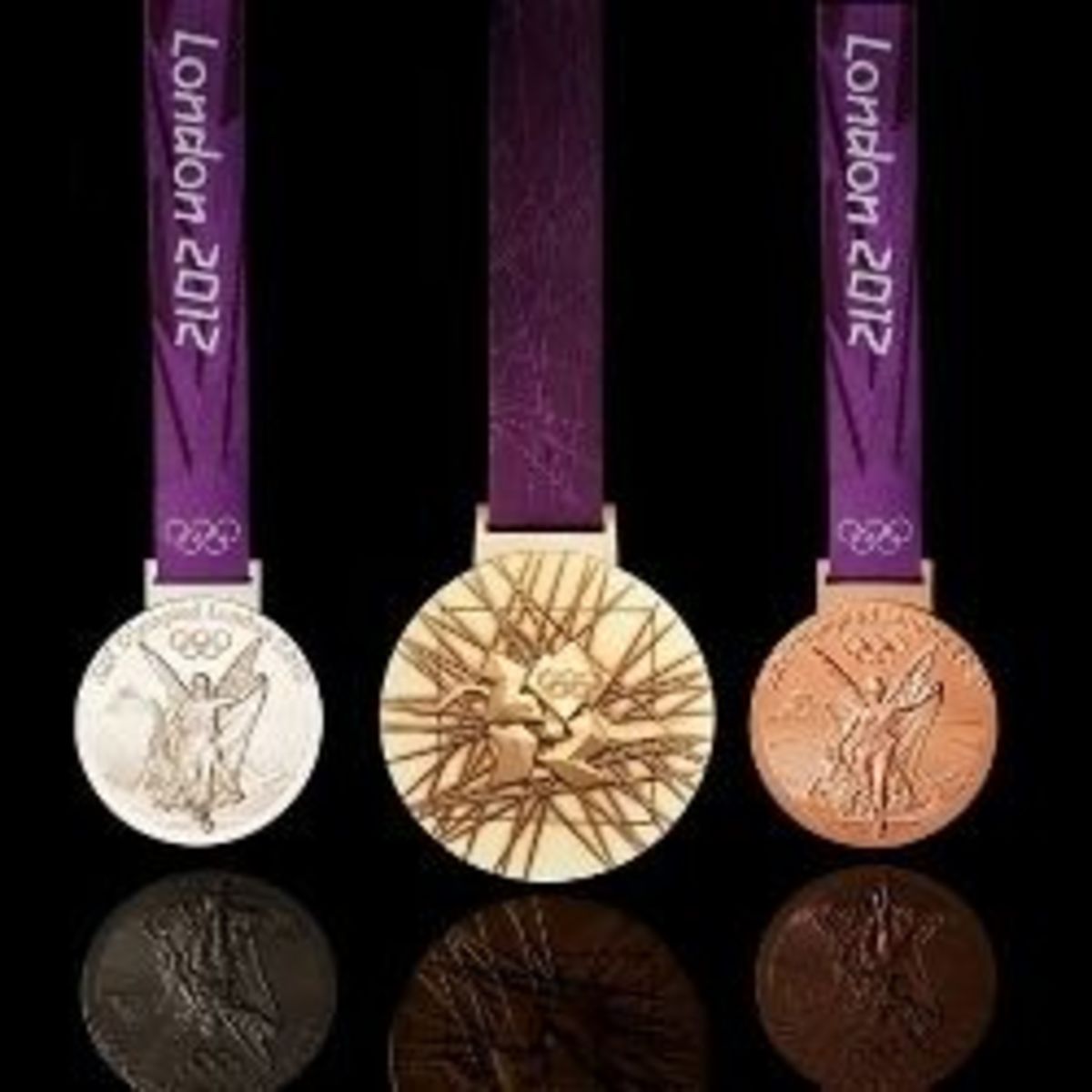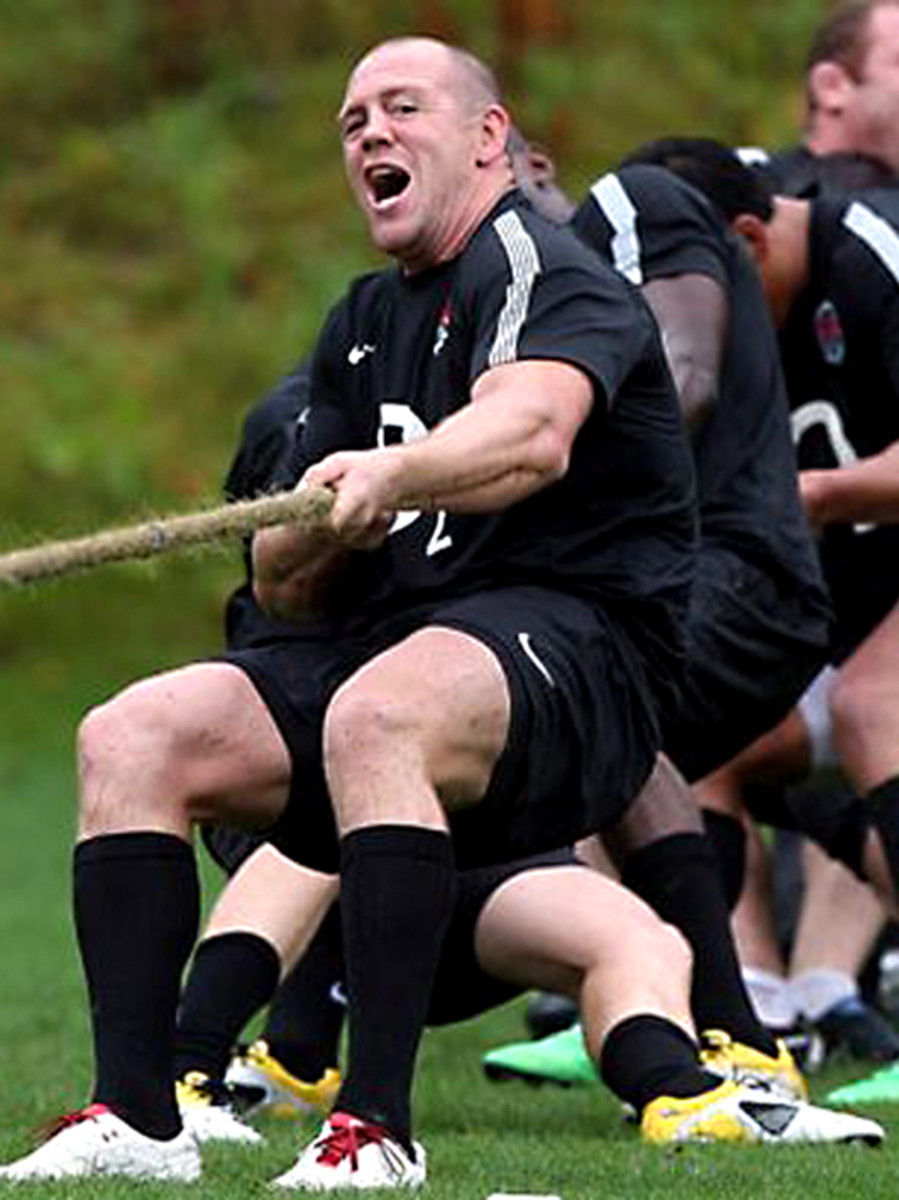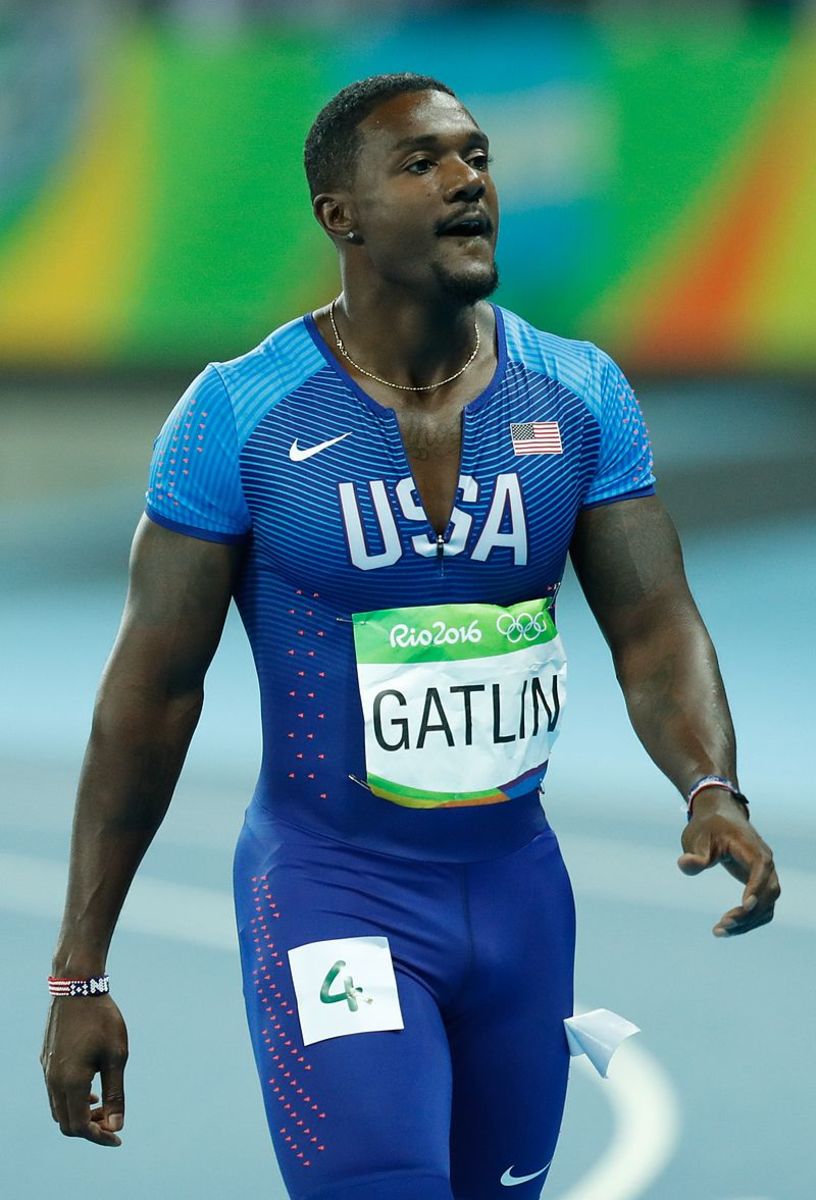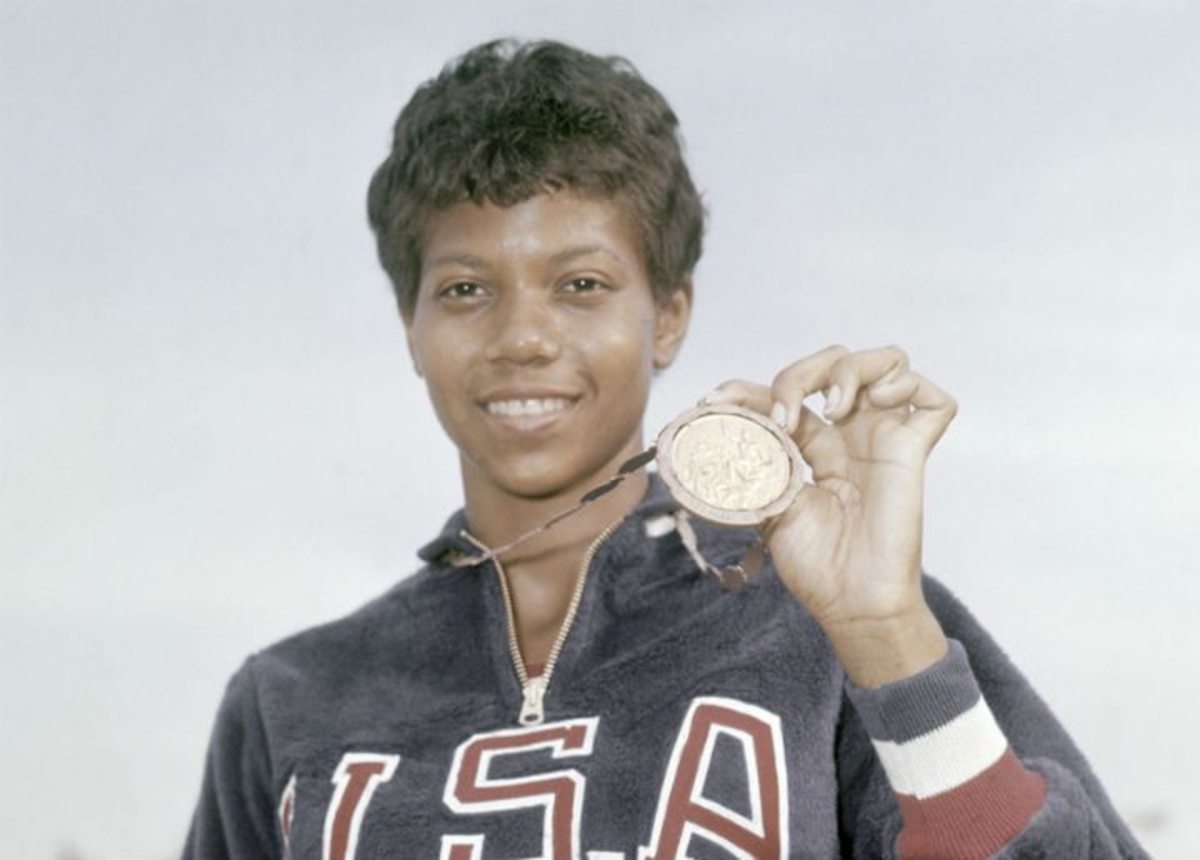Olympic Games: From Jesse Owens to Rio
Jesse Owens
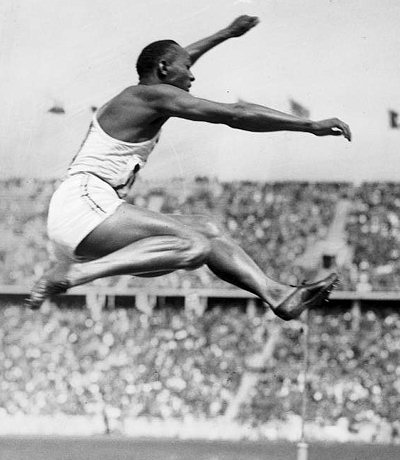
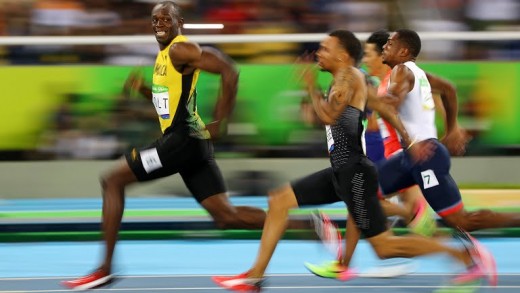
The United States and the world are still under the spell of the 2016 Winter Olympic Games in Rio De Janeiro. Our television sets, IPhones, electronic Medias and office chats are all centered on the games. Track and field, gymnastics, swimming, volley ball; whatever one’s preference there is still a conversation or chat to join in.
To begin with, distraught French pole vaulter Renaud Lavillenie compared his experiences in Rio to that of the legendary African-American sprinter Jesse Owens. Owens competed in the Olympics of August 1936 in the Berlin Games under Nazi rule. Lavillenie was brought to tears after being booed by the crowd in Rio but he eventually acknowledged that his comparison to Owens was completely inappropriate (http://www.reuters.com/article/us-olympics-rio-athletics-m-polevault-la-idUSKCN10R1JF). In view of Lavillenie’s comments, this writer is motivated to revisit the games of 1936 and make a brief comparison to Rio 2016.
Highlights from Rio
The 2016 Olympic Games were inundated with controversy before the arenas were even constructed. The fear of the Zika virus prevented some athletes from participating, the alleged contamination of the water made headline news, and the security measures needed for such a grand event were under constant scrutiny.
SIMON ROMERO, from the New York Times reminds viewers that Rio [was] the first South American country to host the Olympics. He maintains that Rio has political turmoil, economic uncertainty, and “…budget cuts so deep that basic operations became strained”. Yet, the opening ceremony was hailed as amazing.
Torrential rains and tremendous winds caused some coaches to contest the judge’s decisions. Shaunae Miller's unorthodox dive to secure the Gold was seen on every news’ outlet around the world as an Olympic moment frozen in time.
Jamaica’s Usain Bolt thrilled everyone with his lighting speed and signature arm gesturing that simulated a bolt of lightning. President Barak Obama has even impersonated Bolt’s signature move. Michael Phelps made his way into the gold medal hall of fame and Simone Biles left the games as one of the most celebrated gymnast of all times. Whereas, a false police report by swimmer Jimmy Feigen, along with Gunnar Bentz and Jack Conger, left them in the hall of shame in spite of their winnings.
Revisiting the 1936 Games
The Berlin Games of 1936 were held in Germany during the regime of Adolph Hitler. And just like Rio, Germany was in the clutches of political unrest and economic uncertainty. Germany was given the honor of hosting the Games prior to the Nazis coming to power. Hosting the Games gave Hitler a chance to prove that the Aryan race was a superior race—the Games would be a demonstration for the whole world to see. Contrary to Hitler’s beliefs, the most popular hero of the Games would be Jesse Owens, who won four gold medals (the 100 meter, the long jump, the 200 meter and the 400-meter relay).
The 1936 Games were the first Games to be televised. Twenty-five television viewing rooms were set up in the Greater Berlin area, allowing locals to follow the Games free of charge.
Germany’s athletic superstar at the time was Lutz Lang. He was hailed as a brilliant long jumper who fitted the image of an Aryan superstar with blond hair and blue eyes. Under Nazi ideology, Owens was inferior to the athletes in the German team.
The new sports complex was a gigantic Olympic Stadium built of natural stone which could seat 110,000 spectators. Inside the stadium, the world's largest, there was a special seating area built for Hitler and top Nazis. The anti-Semitic posters that had littered Germany before the games disappeared. Signs that stated “Jews not welcome here” were no longer visible. Image was everything.
The opening ceremony was held on Saturday, Aug. 1, 1936, inside the Olympic Stadium. Hitler and his entourage, along with the Olympic officials, walked into the stadium amid a chorus of three thousand Germans singing the Deutschland Über Alles national anthem followed by the Horst Wessel Lied Nazi anthem.
Hitler condemned America for including black athletes on its Olympic roster.
But it was the African-American participants who helped secure America's success at the 1936 Olympic Games. The United States won 11 gold medals, six of them by black athletes. Owens was one of the most unshakable athletes to compete. After Owens won the 100-meter event, a furious Hitler stormed out of the stadium and was quoted as saying “The Americans should be ashamed of themselves, letting Negroes win their medals for them. I shall not shake hands with this Negro…….do you really think that I will allow myself to be photographed shaking hands with a Negro?”
Epilogue
While Owens helped the U.S. prevail at the games, his return home was not met with the kind of fanfare given to Michael Phelps. There were no interviews with celebrity news’ reporters. President Franklin D. Roosevelt did not meet with Owens and congratulate him, as was typical for other titleholders. Owens’ accomplishments were not formerly recognized until 1976, when President Gerald Ford awarded him the Presidential Medal of Freedom.
In his biography, Owens said “When I came back to my native country, after all the stories about Hitler, I couldn't ride in the front of the bus...I had to go to the back door. I couldn't live where I wanted. I wasn't invited to shake hands with Hitler, but I wasn't invited to the White House to shake hands with the president, either." http://www.biography.com/people/jesse-owens-9431142
African-American track-and-field athlete Jesse Owens won four gold medals at the 1936 Berlin Olympic Games. His long jump world record stood for 25 years.
Jesse Owens
- Jesse Owens: Track and field
The biography and
© 2016 Linda Joy Johnson

